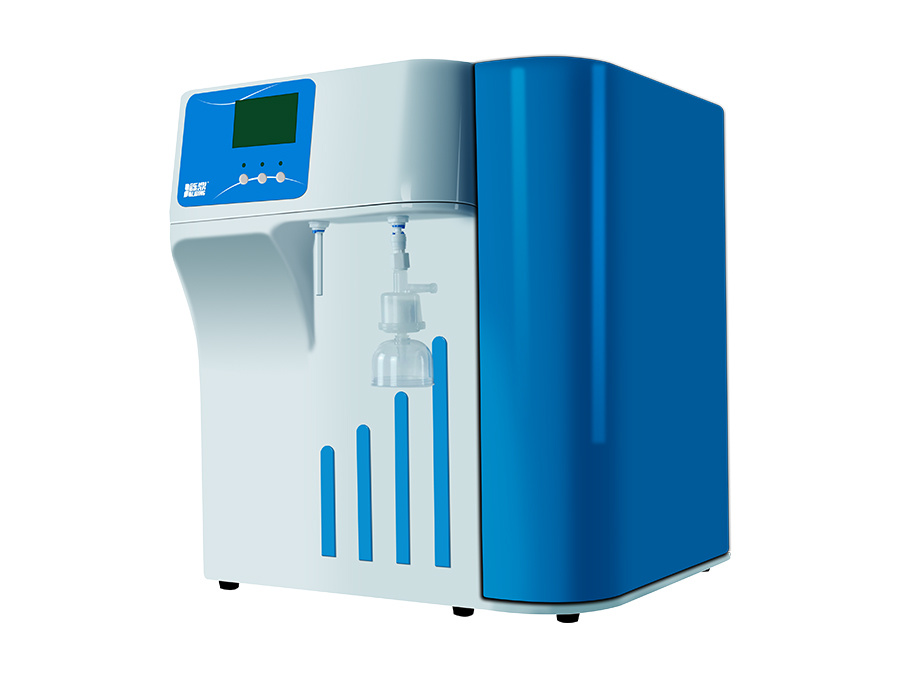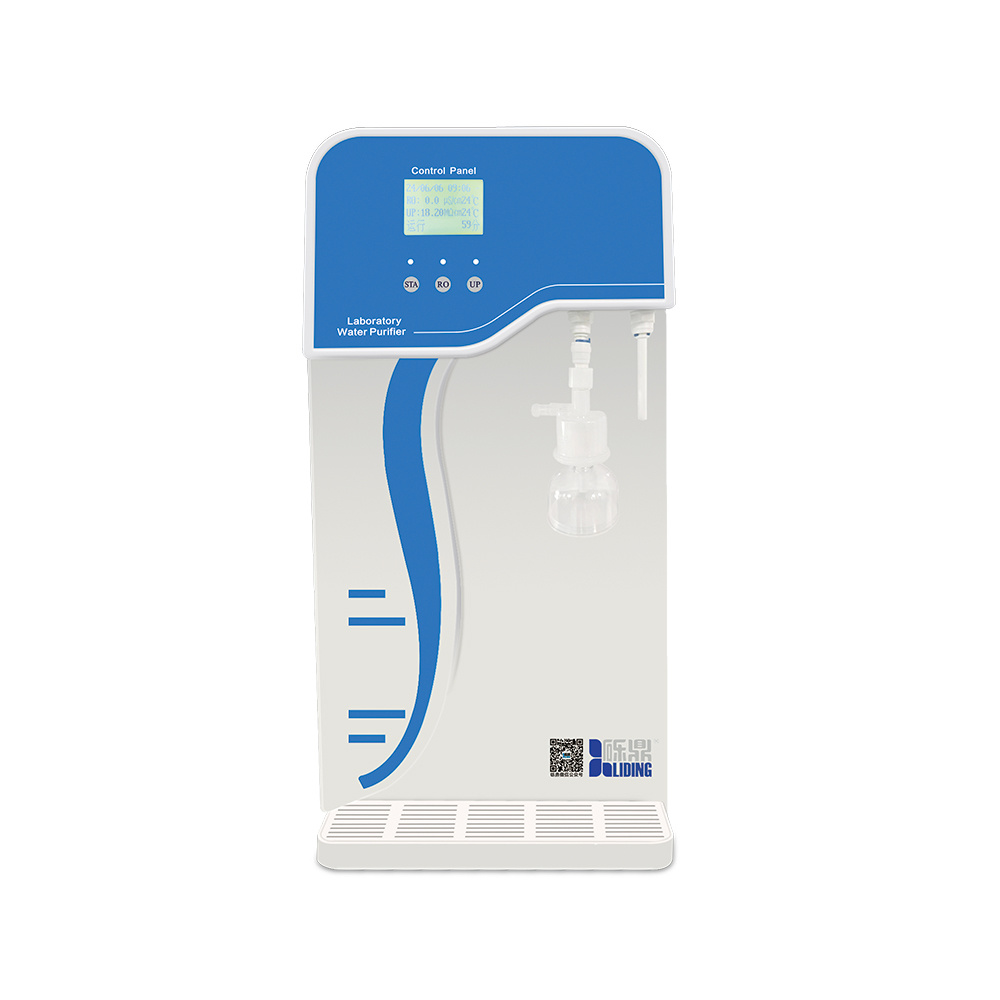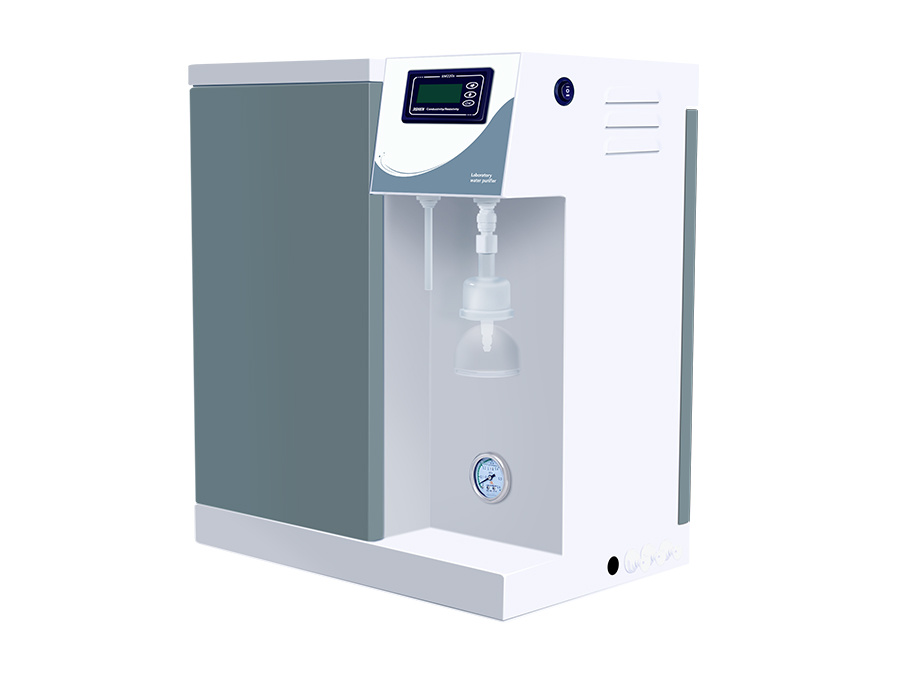Understanding Ultra Purified Water Systems: Essential Insights for Industrial Applications
Time:
Jul 14,2025
Ultra purified water systems are critical components in various industrial applications, particularly in sectors where water quality directly influences product integrity and operational efficiency. These systems employ advanced purification technologies to remove impurities, ensuring that the water meets stringent quality standards necessary for specific industrial processes.
The primary function of an ultra purified water system is to produce water with extremely low levels of contaminants. This is achieved through a multi-step filtration process that typically includes reverse osmosis, deionization, and ultrafiltration. Reverse osmosis is often the first stage, where water is pushed through semi-permeable membranes that block dissolved solids, bacteria, and larger particles. Following this, deionization employs ion-exchange resins to remove ionic impurities, enhancing the purity level further. Finally, ultrafiltration may be used to capture any remaining particulates, ensuring the water is not only clean but also safe for applications such as pharmaceuticals, electronics manufacturing, and laboratory use.
One of the significant advantages of utilizing ultra purified water systems is their ability to consistently deliver high-quality water. This reliability is paramount for industries that require precise formulations and processes. For instance, in pharmaceutical manufacturing, the use of ultra purified water is crucial, as any contaminants can compromise the efficacy of the final products. Similarly, in the electronics industry, even trace impurities can lead to defects in sensitive components, emphasizing the need for stringent water purity standards.
Moreover, ultra purified water systems can contribute to sustainability efforts. By implementing efficient filtration technologies, industries can reduce water waste and minimize the use of chemicals typically required for water treatment. This not only lowers operational costs but also aligns with global sustainability goals, addressing the growing concern over water scarcity and environmental impact.
It is essential for industrial professionals to consider several factors when selecting an ultra purified water system, such as the specific water quality requirements for their applications, system scalability, and maintenance needs. Regular monitoring of water purity and system performance is also critical to ensure optimal functionality and compliance with industry standards.
In conclusion, ultra purified water systems are indispensable in the industrial landscape, offering unparalleled purity and consistency. By understanding their operation and benefits, professionals can make informed decisions that enhance product quality, improve efficiency, and promote sustainable practices within their organizations.
The primary function of an ultra purified water system is to produce water with extremely low levels of contaminants. This is achieved through a multi-step filtration process that typically includes reverse osmosis, deionization, and ultrafiltration. Reverse osmosis is often the first stage, where water is pushed through semi-permeable membranes that block dissolved solids, bacteria, and larger particles. Following this, deionization employs ion-exchange resins to remove ionic impurities, enhancing the purity level further. Finally, ultrafiltration may be used to capture any remaining particulates, ensuring the water is not only clean but also safe for applications such as pharmaceuticals, electronics manufacturing, and laboratory use.
One of the significant advantages of utilizing ultra purified water systems is their ability to consistently deliver high-quality water. This reliability is paramount for industries that require precise formulations and processes. For instance, in pharmaceutical manufacturing, the use of ultra purified water is crucial, as any contaminants can compromise the efficacy of the final products. Similarly, in the electronics industry, even trace impurities can lead to defects in sensitive components, emphasizing the need for stringent water purity standards.
Moreover, ultra purified water systems can contribute to sustainability efforts. By implementing efficient filtration technologies, industries can reduce water waste and minimize the use of chemicals typically required for water treatment. This not only lowers operational costs but also aligns with global sustainability goals, addressing the growing concern over water scarcity and environmental impact.
It is essential for industrial professionals to consider several factors when selecting an ultra purified water system, such as the specific water quality requirements for their applications, system scalability, and maintenance needs. Regular monitoring of water purity and system performance is also critical to ensure optimal functionality and compliance with industry standards.
In conclusion, ultra purified water systems are indispensable in the industrial landscape, offering unparalleled purity and consistency. By understanding their operation and benefits, professionals can make informed decisions that enhance product quality, improve efficiency, and promote sustainable practices within their organizations.
RELATED NEWS







